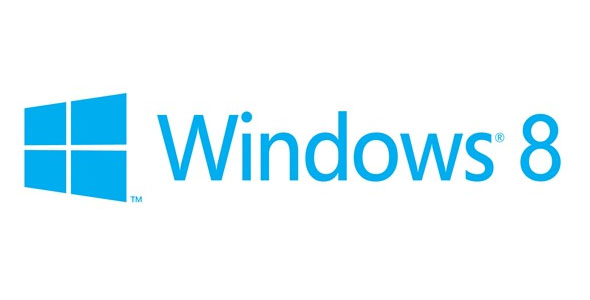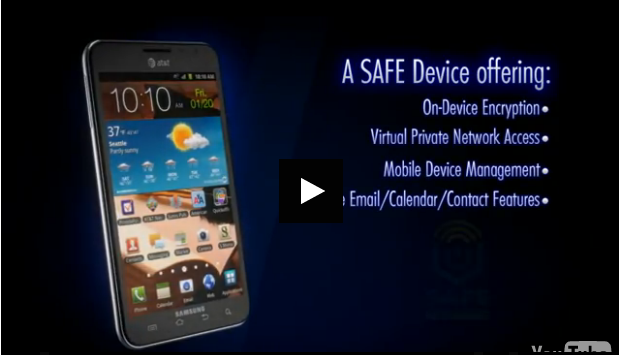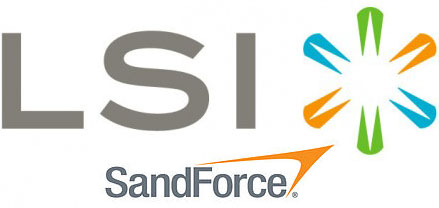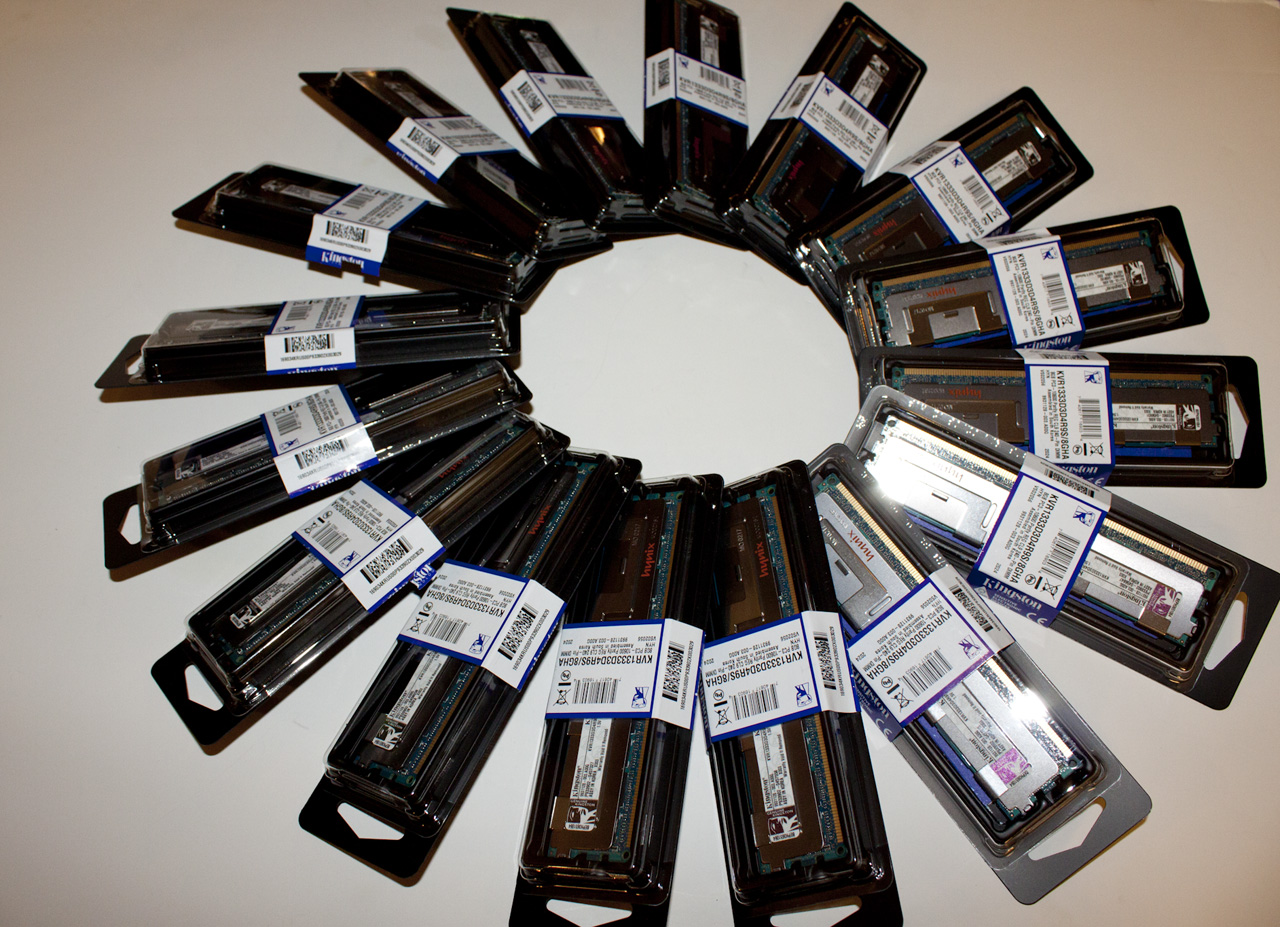Displaying items by tag: Enterprise
Cisco Dumps $1 Billion into the Cloud, but Still Might Miss the Mark
Cisco has made the decision to dive even deeper into the cloud with a $1 Billion investment in cloud services. The money will be spent over the course of the next two years and is earmarked to build infrastructure services similar to Amazon Web Services and Microsoft’s Azure. Over the past few years Cisco has been investing more heavily into cloud services and even bought a cloud networking company (Meraki) with the intent of integrating some of their cloud management technologies into future Cisco products. In the long run this is a financially smart move as cloud services can represent a sustainable revenue stream and also allow Cisco (or another business) to reach new markets and customers they might not have access to. It also gives existing customers an option to utilize a “trusted” partner for something they might be considering, but not willing to move on due to not having a vendor they like.
Does Microsoft Really Think the Xbox One Fits in the Enterprise?
 |
If you want to know where Microsoft is with their Xbox One all you have to do is look at their latest marketing ploy. They are actually pushing the Xbox One to the enterprise… yes you read that right. According to Microsoft the new Xbox is not just for gaming and would make a great addition to any corporate boardroom. Marques Lyons (an Xbox MVP) called the new gaming console an “entirely justifiable” expense for businesses. Lyons’ reasoning is that features such as Skype integration, Wi-Fi direct connect and of course 1080p video capability will be the driving factors for this.
We List Our Top 10 Reasons Why Windows 8 Will Fail In The Enterprise
 |
Microsoft’s Windows 8 has been pushed to RTM and the lucky few with TechNet accounts already have this new software downloaded and installed. We are already starting to read the reviews and observations of people that are fascinated with the new UI and those that hate it. We will have our own review in a few weeks that will include traditional desktop, laptop and also a tablet PC. Still there is a lot of misinformation about the strengths of Windows 8 and also how it will fit into the market. We were sent a link to what we have found to be one of the better comparisons of the pros and cons of Windows 8 and wanted to cover our take (based on experience in the IT industry) and also to add to their findings.
Windows 8 Is Great For Touch, But Bad On The Desktop
 |
Although we have been saying this for months we are glad to finally see someone else pick on the fact that Microsoft has forgotten their most important market segment. We are talking about businesses and the enterprise. When we first saw Windows 8 and its MetroUI we were not a fan at all, this is because our first interaction with it was on a desktop PC where the keyboard and mouse controls were awkward and cumbersome. When we put the initial build (the original release from the build conference) onto our Asus EEE Slate EP121 we had a little better luck, but many of the touch and gesture controls were not working and we had to abandon the attempt and go back to Windows 7.
Samsung to Deliver SAFE Smartphones and Tablets for Enterprise
 The tablet and smartphone market is exploding there is no doubt about that. Although Apple was the first to market with a widely accepted consumer product in the iPad they were not the first and are certainly not going to the be last with a device. The same goes for the smart phone where other companies had the idea of a smart phone long before Apple brought the iPhone out on stage. Still we will not argue that Apple did help pave the way for the boom that is coming.
The tablet and smartphone market is exploding there is no doubt about that. Although Apple was the first to market with a widely accepted consumer product in the iPad they were not the first and are certainly not going to the be last with a device. The same goes for the smart phone where other companies had the idea of a smart phone long before Apple brought the iPhone out on stage. Still we will not argue that Apple did help pave the way for the boom that is coming.
LSI buys Sandforce for $322 Million..
 LSI, maker of storage adapter cards and other such fun products has bought Sandforce for a whopping $322 Million in cash. We all read about is yesterday with everyone pushing out the press release, but the question is, what does this mean to the market? I asked a contact of mine in the DAS (Direct Attached Storage) performance group and was surprised to hear that they did not know anything about the deal.
LSI, maker of storage adapter cards and other such fun products has bought Sandforce for a whopping $322 Million in cash. We all read about is yesterday with everyone pushing out the press release, but the question is, what does this mean to the market? I asked a contact of mine in the DAS (Direct Attached Storage) performance group and was surprised to hear that they did not know anything about the deal.
This means that this deal is outside the normal company envelope. While we are certain that LSI will be producing SSDs in the future it does make me wonder how this will impact the way their company operates. After all LSI has had a long standing partnership with Seagate and at one point it was rumored that delays in the Pulsar Enterprise class SSDs was due to LSI building their own SSD controller. Now we wonder if there was some truth to that rumor.
So what does the combination of LSI and Sandforce mean to the market? For the short term you can expect the price of SSDs using the Sandforce controller to go up as they have to pay for this deal somehow. Next we are sure that LSI will enter the PCIe SSD market in the next 12 to 18 months. This will probably be followed by an enterprise class SSD to rival the ones that Intel and Seagate are producing. After that the consumer drives will start hitting and another SSD player is born. It is an interesting thing, not all that long ago someone told me that making HDDs was a hard and demanding task, but anyone with flash memory could make an SSD. Given the number of companies on the market making SSDs we have to agree with them, but then again an SSD is like Pizza; when they are good, they are very good and when they are bad… well they are still pretty good.
We are looking forward to finding out more about what is going on with Sandforce and LSI in the coming months, the deal won’t be final until probably 2H 2012 so there is still the chance that something will pop up. In the meantime we are going to see if we can find out more from both LSI and Sandforce about this.
Discuss in our Forum
Sometimes Control is good.
 The net is full of articles talking about how this or that technology company is controlling their software, hardware, IP (Intellectual Property) or some other item that they want to complain about. You also cannot run a search on net-neutrality, DCMA, MPAA, RIAA, Pirate Bay or, of course Apple without hearing about how medieval and out dated their concepts of fair usage is. I have talked about this kind of corporate control for years as well. It I oppressive, stifles the market and Hurst consumers. However, there is one type of control that is good for the consumer. This is the type of control that Kingston is holding over their ValueRAM Server Premier memory. What Kingston has done is take their already great server memory and add an extra level of quality control to ensure maximum performance and stability. They have done this by controlling every part that goes into this product right down to the revision of chip die. Let’s take a quick look at how this works and what it means to the consumer and enterprise.
The net is full of articles talking about how this or that technology company is controlling their software, hardware, IP (Intellectual Property) or some other item that they want to complain about. You also cannot run a search on net-neutrality, DCMA, MPAA, RIAA, Pirate Bay or, of course Apple without hearing about how medieval and out dated their concepts of fair usage is. I have talked about this kind of corporate control for years as well. It I oppressive, stifles the market and Hurst consumers. However, there is one type of control that is good for the consumer. This is the type of control that Kingston is holding over their ValueRAM Server Premier memory. What Kingston has done is take their already great server memory and add an extra level of quality control to ensure maximum performance and stability. They have done this by controlling every part that goes into this product right down to the revision of chip die. Let’s take a quick look at how this works and what it means to the consumer and enterprise.
